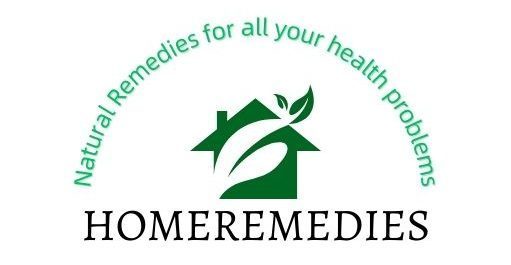Endometriosis is a chronic condition affecting millions of women worldwide. It occurs when the tissue similar to the uterine lining grows outside the uterus, causing pain, inflammation, and sometimes fertility issues. While there is no known cure, many women seek relief through a combination of conventional treatments and natural approaches. Herbal remedies, rooted in both traditional practices and emerging scientific research, offer supportive options for easing symptoms and promoting hormonal balance. In this post, we’ll explore the condition, compare medical and natural strategies, and highlight powerful herbs that may help manage endometriosis symptoms.
What Is Endometriosis?
Endometriosis is a condition where endometrial-like tissue grows outside the uterus—often on the ovaries, fallopian tubes, or the pelvic lining. These tissues respond to hormonal changes, thickening, breaking down, and bleeding with each menstrual cycle. However, unlike the uterine lining, they have no exit path, leading to inflammation, pain, scarring, and sometimes the formation of cysts or adhesions.

Image Credit: Pause & Co Healthcare
Medical vs. Natural Approach: What Each Offers
| Aspect | Medical Approach | Natural/Herbal Approach |
|---|---|---|
| Goal | Manage symptoms, slow tissue growth, preserve fertility | Reduce inflammation, balance hormones, ease pain naturally |
| Treatments | Hormonal therapy (e.g., birth control, GnRH agonists), pain medication, surgery | Herbal supplements, dietary changes, stress relief practices |
| Effectiveness | Often rapid relief, especially with surgery or hormonal therapy | May take time; works best as a long-term supportive method |
| Side Effects | Hormone therapy may cause mood swings, weight gain, bone thinning | Fewer side effects, but herbs may interact with medications |
| Approach | Symptom management and structural correction | Whole-body wellness and hormonal balance |
| When Best Used | Moderate to severe symptoms needing fast relief | Mild to moderate symptoms, or in combination with medical care. |
5 Powerful Herbs for Endometriosis Relief
1. Turmeric
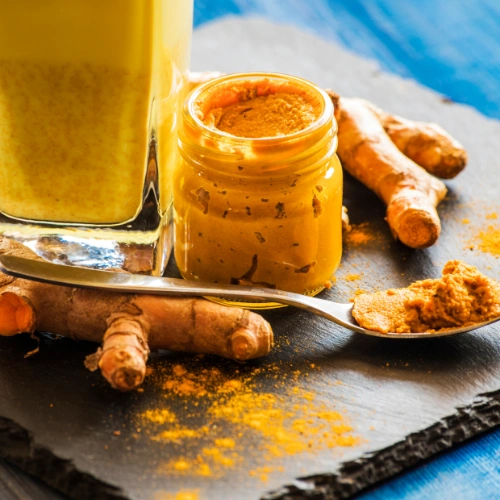
Properties: Anti-inflammatory, antioxidant, pain-relieving
Turmeric contains curcumin, a compound known for its powerful anti-inflammatory effects. It may help reduce the chronic pelvic pain associated with endometriosis by lowering inflammatory cytokines. Studies also suggest it may limit the abnormal growth of endometrial-like tissue.
How to use: Add ½ tsp turmeric powder with a pinch of black pepper (to enhance absorption) to warm water or tea once a day. Turmeric supplements are also available, but consult your doctor before use.
2. Vitex (Chaste Tree Berry)
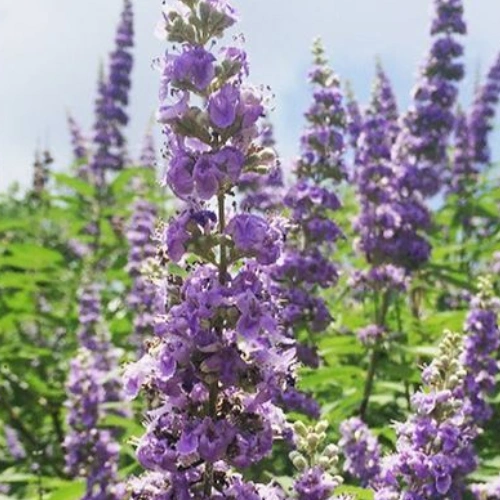
Properties: Hormone-balancing, regulates menstrual cycle
Vitex is one of the most well-known herbs for female reproductive health. It supports the pituitary gland to help normalize progesterone levels, which may be beneficial for women with estrogen dominance—often linked to endometriosis flare-ups. It may also help regulate irregular cycles and reduce premenstrual symptoms.
How to use: Take as a standardized extract (400–1000 mg daily) or in tincture form. It should be used consistently for several months for best results.
3. Ginger
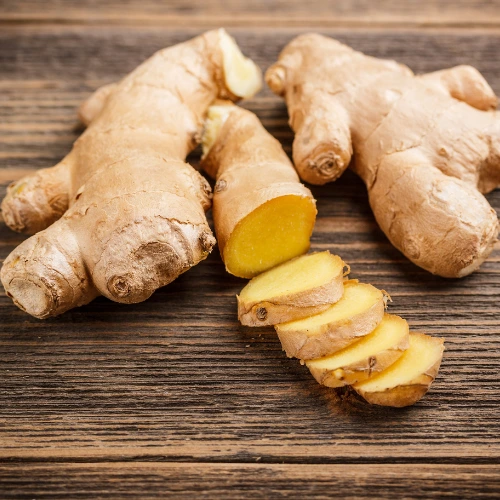
Properties: Anti-nausea, anti-inflammatory, menstrual pain relief
Ginger is effective for soothing menstrual cramps, nausea, and general inflammation. It may ease pelvic discomfort and bloating often experienced with endometriosis.
How to use: Drink 2–3 cups of fresh ginger tea daily or add grated ginger to meals. You can also take it as a supplement (up to 1000 mg/day), but speak to a healthcare provider if you are on blood thinners.
4. Ashwagandha
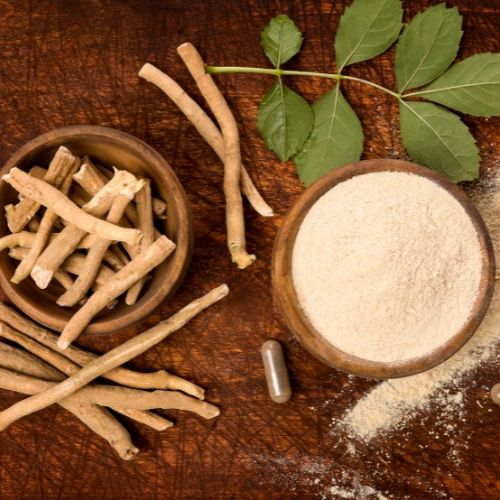
Properties: Adaptogen, stress-reducing, hormone-regulating
Chronic stress can worsen endometriosis symptoms by disrupting hormonal balance and increasing inflammation. Ashwagandha helps the body adapt to stress, promotes calm, and may support thyroid and adrenal function—both important for hormone regulation.
How to use: Add ½ tsp of ashwagandha powder to warm milk or smoothies. Capsules are also commonly available (300–600 mg daily). Avoid during pregnancy.
5. Milk Thistle
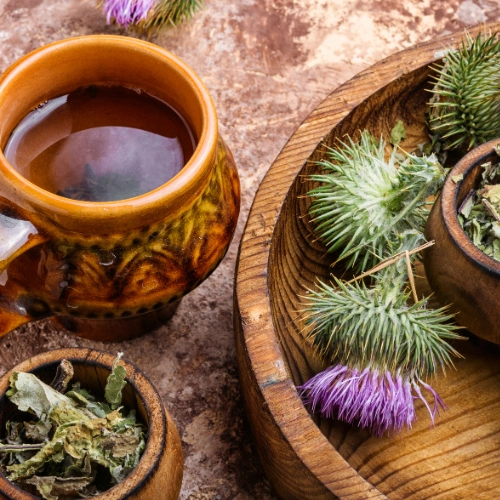
Properties: Liver support, detoxification, estrogen metabolism
Milk thistle supports liver detoxification—an essential function when trying to balance estrogen levels naturally. The liver processes excess hormones, and when overwhelmed, estrogen can accumulate, potentially worsening endometriosis.
How to use: Take as a supplement (150–300 mg of silymarin extract per day) or drink milk thistle tea. It is generally safe, but talk to your doctor if you’re on medications metabolized by the liver.
Final Tips and Warnings
- Always talk to your healthcare provider before starting herbal remedies – especially if you’re on medications or considering pregnancy.
- Herbal supplements take time. Use them consistently for several weeks to observe benefits.
- Choose high-quality, organic herbs or supplements from reputable brands.
- Keep a symptom journal to track which remedies bring relief.
